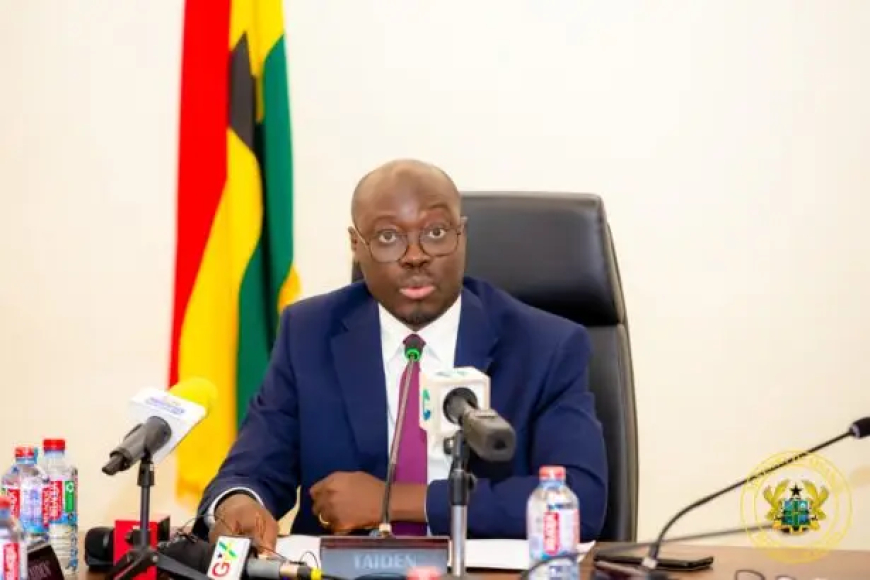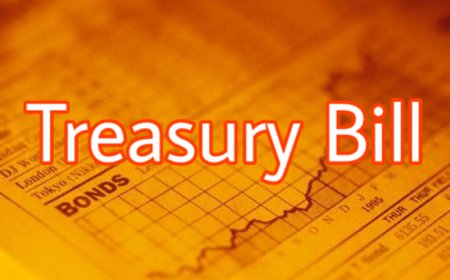Energy Sector Fiscal Risks Still a Challenge – Finance Minister Acknowledges
Ghana’s Finance Minister, Dr. Mohammed Amin Adam, has admitted that despite recent economic gains, fiscal risks in the energy sector remain a major challenge, threatening long-term sustainability if not addressed decisively.

Accra, Ghana – Ghana’s Finance Minister, Dr. Mohammed Amin Adam, has acknowledged that fiscal risks emanating from the energy sector continue to undermine the country’s economic recovery efforts, despite progress made through the IMF programme and domestic reforms.
Speaking at a stakeholder engagement session in Accra, the Minister cited legacy energy sector debts, inefficiencies in power purchasing agreements, and technical losses as key stressors on the national budget.
“While macroeconomic indicators are stabilizing, the energy sector continues to weigh heavily on public finances. We must urgently reform power sector contracts and address revenue shortfalls,” he said.
Ghana’s power sector has long been plagued by indebtedness, overcapacity, and under-collection of tariffs, leading to recurring bailouts and budgetary support from government.
Dr. Amin Adam revealed that the Ministry is working with development partners, including the World Bank, to restructure energy-related debts and review Independent Power Producer (IPP) agreements that currently overburden the state.
✅ Conclusion:
The Finance Minister’s remarks highlight the urgent need for a comprehensive overhaul of Ghana’s energy sector, not just for economic stability, but to ensure affordable and sustainable power for the country’s future. Industry players and analysts are now closely watching for bold reforms in the months ahead.
What's Your Reaction?















































































